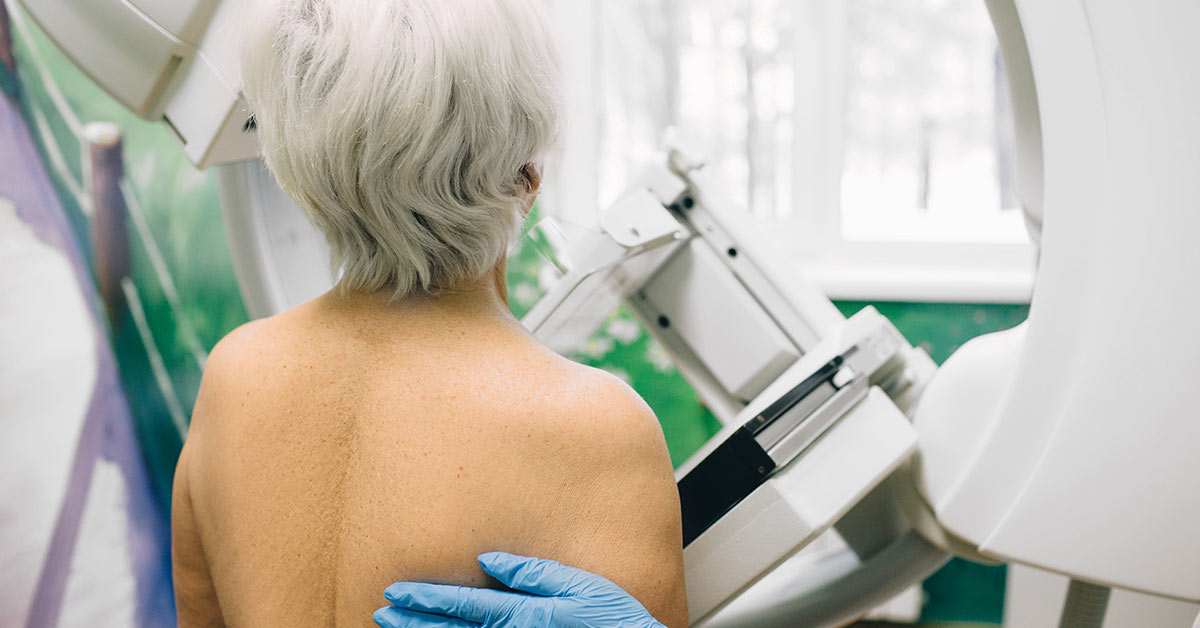
5 Things to Know if You Have Dense Breast Tissue
-
Nearly half of women over 40 who have mammograms are found to have dense breasts. If you’re one of them, you might be wondering what exactly that means—and how it impacts your risk for breast cancer. Here’s what you should know.
1. There’s nothing unusual about dense breasts.
Breasts are made up of glandular, connective, and fat tissue. Dense breasts simply have more glandular and connective tissue, and less fat tissue. Otherwise, there's nothing abnormal about dense breasts; however, breast density is abnormal.
2. You can have dense breasts and not know it—until you have a mammogram.
Dense breasts don’t have a certain size or shape. And breasts that feel firm aren’t necessarily dense. In fact, the only way to determine breast density is with a mammogram. The U.S. Food and Drug Administration, which regulates mammogram facilities, requires them to inform you about your breast density level in your mammogram report.
3. Having dense breasts can affect your breast cancer risk.
Experts don’t fully understand why, but women with dense breast tissue are slightly more likely to develop breast cancer. Still, it’s only one factor among many that can increase your lifetime risk of the disease.
It can also be harder to spot cancer when looking at dense breast tissue on a mammogram image. Fatty tissue shows up as black, while dense tissue shows up as white. Masses or tumors can appear white as well. So they’re not always easy to see in dense breasts.
4. Your doctor may recommend additional screening if you have dense breasts.
Regular breast cancer screenings are the most reliable way to find breast cancer early. But because masses in dense breasts can be difficult to detect on mammograms alone, your healthcare provider might recommend more detailed screenings. These can include:
- Breast ultrasounds and magnetic resonance imaging (MRI). MRI uses powerful magnets and a computer to make images of the breast.
Experts haven't yet reached a conclusion on the value of additional screening for women who only have dense breasts. Additional screenings can be helpful, but they could also lead to false positives. That could subject women to even more testing, not to mention unnecessary stress.
The American Cancer Society recommends talking with your doctor to determine what’s best for you. If you have other factors that put you at higher risk for breast cancer—such as gene mutations, a family history of the disease or previous radiation treatment—more screenings might make sense. If you don’t, you may decide to stick with regular mammograms.
5. You should know your breast density. But don’t let it scare you.
Being aware of your breast density can help you manage your breast cancer risk. Just remember to keep the big picture in mind. Again, although dense breasts may increase your breast cancer risk, it’s just one of many factors. Your doctor can help you understand your overall risk—and what you can do to lower it.
To schedule an appointment at Fox Chase, call 888-369-2427 or request an appointment online.
Learn more about breast cancer screening at Fox Chase Cancer Center
